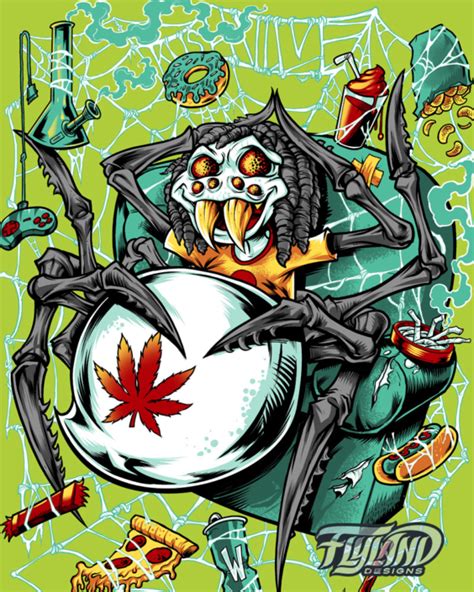A Quote by Warren MacKenzie
Finally if I had a pot that needed decoration, I would hand it to Alix [MacKenzie] and I would say, "Can you do something with this?" And she'd look at it for a while and then proceed with a brush to embellish the form and enhance the form, and it was wonderful. She could bring the pot to life, whereas if I did it, it was a disaster.
Related Quotes
What do you think it would have been like if Valentine had brought you up along with me? Would you have loved me?" Clary was very glad she had put her cup down, because if she hadn't, she would have dropped it. Sebastian was looking at her not with any shyness or the sort of natural awkwardness that might be attendant on such a bizarre question, but as if she were a curious, foreign life-form. "Well," she said. "You're my brother. I would have loved you. I would have...had to.
She would be quiet at first. Then she would say a word about something small, something she had noticed, and then another word, and another, each one flung out like a little piece of sand, one from this direction, another form behind, more and more, until his looks, his character, his soul would have eroded away . . . I was afraid that some unseen speck of truth would fly into my eye, blur what I was seeing and transform him from the divine man I thought he was into someone quite mundane, mortally wounded with tiresome habits and irritating imperfections.
Once again she would arrive at a foreign place. Once again be the newcomer, an outsider, the one who did not belong. She knew from experience that she would quickly have to ingratiate herself with her new masters to avoid being rejected or, in more dire cases, punished. Then there would be the phase where she would have to sharpen her senses in order to see and hear as acutely as possible so that she could assimilate quickly all the new customs and the words most frequently used by the group she was to become a part of--so that finally, she would be judged on her own merits.
[Shoji] Hamada's [drawings] were little one-line notations of something he wanted to remember about a pot or a piece of furniture or a landscape or something like that, and they were just done very quickly and they had, he thought, no artistic quality. They're not great drawings, but they served to remind him of something he had in his mind, so that when he then went to the studio, that would stick in his mind and he could explore the making of the pot with the clay on the wheel.
My mother was very passionate about life and she would do anything for us. And she had to fight alone to raise us. We never had a lot of money for extras or anything. She had to work six days a week, and then she would do breakfast, lunch and dinner. She was a super-woman! For me, I don't know how she did it with three kids.
Tessa had begun to tremble. This is what she had always wanted someone to say. What she had always, in the darkest corner of her heart, wanted Will to say. Will, the boy who loved the same books she did, the same poetry she did, who made her laugh even when she was furious. And here he was standing in front of her, telling her he loved the words of her heart, the shape of her soul. Telling her something she had never imagined anyone would ever tell her. Telling her something she would never be told again, not in this way. And not by him. And it did not matter. "It's too late", she said.
Julie Taymor. She is my gold standard of stage directors. I think she has a comprehensive knowledge of theatrical form, since she lived in Indonesia, Java, Japan and France. Her knowledge of form is limitless. Whenever I get painted in a corner, I think about what form she would use, because that is what she practices. It's about accessing the theater traditions of the whole world.
After coating pasta with tomato-rich meat sauce, my mom would drizzle the bottom of a nonstick pot with oil and put it all back in to form a dark crust of tangled noodles. Once she unmolded it at the table like a cake, my brothers and I would excitedly cut into it, verbally laying claim to our preferred pieces.
I would show my jobs to my mother, and she would always say the same thing: "That's nice dear". And then she would say: "Did you write it or did you do the drawing?" or "Did you take the pictures?" I'd always answer "no", then I realized the problem. My answer was then, "I made this happen". It's called design.
Things happen very quickly and they have to happen quickly in order to have vitality, which I think is essentially part of a good pot. But in addition it means that you can explore an idea and change it and then change it and then change it; I don't mean by changing the one pot, but you make one pot then you make another that's related to that; you make another - you can make 50 pots in a day and none of them are going to be carbon copies of any other, but they'll all be related because there's something going through your mind about the form on that particular day.




























